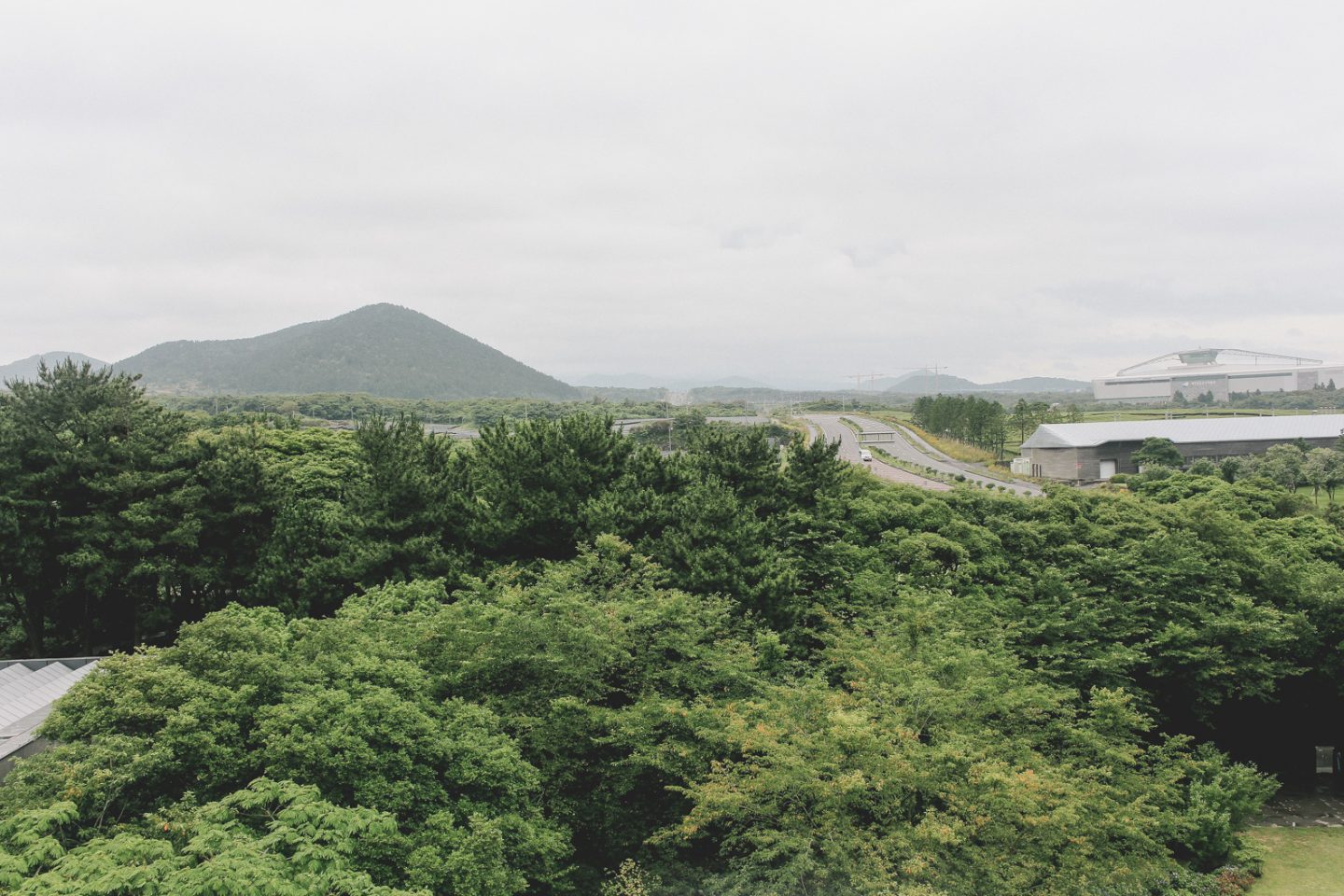Without truth, our love is superficial and unintentionally destructive. Same applies in love of the environment.
Here’s the truth: Every week, multitudes of churchgoers step out of climate-controlled sanctuaries (well cooler than the NEA’s recommended 25ºC). Bins overflow with food wrappers half-filled with food, and newsletters printed just hours before.
These are just symptoms of the predominant urban lifestyle, centred around unsustainable and destructive consumerism. Single-use plastics and fossil fuels feed our relentless need for convenience, and comfort, even when doing God’s work.
If only we could see the dire consequences of our decisions: Mountains of trash each day, dumped and released into air, land and sea; incinerators running overtime.
For us urban-dwellers, especially in Singapore, it’s always been “out of sight, out of mind”. Specifically in Pulau Semakau.
THE REALITY
Collectively as a human race, these are our fruits:
- Oceans are being emptied of life. Divers lament the climate-change induced bleaching of their beloved coral reefs before their eyes.
- Forests are being cleared at a blistering rate and will likely disappear within 200 years.
- Our planet is warming up. The scientific consensus is that this is human-caused. Most glaciers bear witness to the extent of global warming-fuelled retreat, mostly within the last 50 years.
- The combined effect is that the earth’s “sixth mass extinction” event is taking place right under our noses, with species dying out thousands of times faster than the historical background rate of extinction.
Most of us already know this to some degree. But few realise that when the planet suffers, humans suffer too.
With rising sea levels, desertification and other extreme weather triggered by global warming and the decimation of natural ecosystems, people are being forcefully displaced on an unprecedented scale. Many will perish.
Every week, multitudes of churchgoers step out of climate-controlled sanctuaries, well cooler than the NEA’s recommended 25ºC. Bins overflow with food wrappers half-filled with food, and newsletters printed just hours before.
While Singaporean privilege may help us brave the rising tide for now, the poor and marginalised elsewhere are suffering badly.
And it doesn’t matter who’s causing it. Everyone has to deal with the consequences. Collectively, regardless of faith, we are stuffing our world with trash while nonchalantly burning our only house down.
While developed nations have been called to take responsibility for our ecological catastrophe, how should Christians view the environmental crisis?
CALLED TO FIGHT FOR REDEMPTION
Because of the God-ordained sanctity of life (Genesis 1:27, Luke 12:6-7, Isaiah 49:16), protecting human lives should be every Christian’s fight.
Pure religion must involve caring for orphans and widows in distress (James 1:27). God’s heart is for the marginalised, which means His people should have compassion for orphans, widows, beggars, disabled, foreigners and climate refugees, among others.
Loving my neighbour as myself means empathy and compassion, like the Good Samaritan (Luke 10:25-37). It means going the extra mile (Matthew 5:41), even if few go with us.
Christians traditionally have no qualms in doing humanitarian work – hospitals, orphanages and providing food aid – but must do more. Our current way of life is expected to produce millions more environmental refugees in the years to come.
But in this particular issue of social injustice, we have unknowingly become perpetrators. You and I are indirectly destroying the livelihoods, homes and health of people elsewhere.
LOVE IS A MOVEMENT
Let’s be philosophically consistent: It is morally outrageous to remain indifferent to climate change, as if we need to reap tangible benefits, or wait for some explicit command before we consider change. The simple equation is that allowing the crumbling of the world around us is a process that will lead to hardship and loss of life.
It’s not just about lakes and mountains, humpback whales and Sumatran rhinos. Where we can do something about preventable human suffering and death, we must.
The simple equation is that allowing the crumbling of the world around us is a process that will lead to hardship and loss of life.
So, fellow Christian, enough with the hypocrisy of token prayers and once-a-year activity of laying a few bricks in a foreign land.
It’s time we did something that made a difference. It’s time we fight for the welfare of our fellow man, protect their fundamental right to life, and give that which costs us something.
To us, it’s mild inconvenience, as simple as bringing reusable bags to the supermarket, or reducing meat consumption. But to millions worldwide it could be a matter of life or death.









